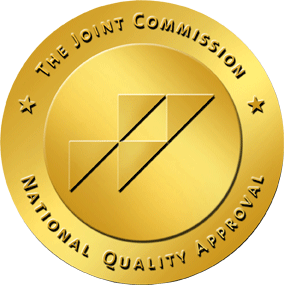PEDIATRIC SLEEP TEST
While sleep disordered breathing is typically viewed as being an issue with adults, it is more common in children than recognized. Researchers have found that the impact of sleep apnea on kids can be quite detrimental.
The odds of behavioral problems were 4-5 times higher in kids with incident sleep apnea, and 6 times higher children with persistent sleep apnea.
As many as 25% of children diagnosed with ADHD may actually in fact have symptoms of sleep apnea.
From 3% to 35% of children under 13 years of age, due to the different definition of habitual snoring and epidemiologic methodologies
Children with untreated sleep apnea were also to found to be 3 times more likely to have grades of “C” or lower.
OFFERING A WIDE RANGE OF
SLEEP DISORDER SERVICES
Our respiratory team offers a high quality, cost-effective service and clinical expertise to
patients suffering from sleep problems. Our innovative laboratory services enhance sleep health.
Our respiratory team offers a high quality, cost-effective service and clinical expertise to patients suffering from sleep problems. Our innovative laboratory services enhance sleep health.

The importance of sleep is essential for children to maintain good health. While sleep disordered breathing is typically viewed as being an issue with adults, it is more common in children than recognized. It’s estimated that 1 to 4 percent of children suffer from sleep apnea, many of them being between 2 and 8 years old.
WHY TEST?
Researchers have found that the impact of sleep apnea on kids can be quite detrimental. Potential consequences of untreated pediatric sleep disordered breathing include:
- Growth: growth hormone is released while children are asleep. Sufficient growth hormone may not be able to be released due to disrupted sleep.
- Behavior and learning: children with sleep disordered breathing may become moody, inattentive, and disruptive both at home and at school. Many children may express ADHD like symptoms that may contribute to misdiagnosis.
- Obesity: sleep disordered breathing may cause the body to have increased resistance to insulin and daytime fatigue with decreases in physical activity. These factors can contribute to obesity.
- Snoring: children should not snore. Snoring will be a big indicator of sleep disordered breathing. A child should be seen by a specialist if snoring is witnessed.
- Asthma: recent data suggests that obstructive sleep apnea is an independent risk factor for asthma exacerbation.


